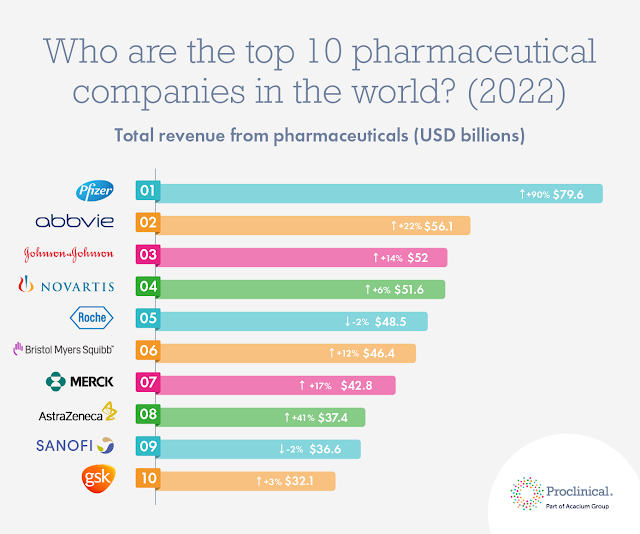Nitrosamines: A Carcinogen Found in Popular Drugs
In recent years, a lot of popular drugs, including diabetic, hypertension, and heartburn drugs, have been found to be contaminated with a carcinogen: nitrosamine.
In 2018, Swiss drugmaker Novartis first discovered that its blockbuster blood pressure medication valsartan contained harmful levels of a carcinogen known as nitrosamine. In the following two years, over 1,400 product lots were recalled by the U.S. Food and Drug Administration (FDA) due to their containing this chemical above acceptable intake limits.
As recently as Aug. 19, 2022, Merck’s blockbuster diabetes medication, Januvia, was found to be contaminated with nitrosamine. This led to a month-long investigation by Merck. However, Januvia was not recalled to avoid drug shortages.
Products that have been recalled include other commonly used drugs, such as metformin, losartan, Zantac, and quinapril.
According to the National Cancer Institute, some nitrosamines have caused cancer in laboratory animals. In humans, nitrosamines pose a risk of rectum and proximal colon, pancreatic, stomach, esophageal, mouth, and pharynx cancers.
 |
| Credit: ProClinical.com |
Nitrosamines: A Carcinogen Found Last Century
While we have known about nitrosamines for nearly 80 years, British scientists John Barnes and Peter Magee reported that nitrosamines caused liver tumors in rodents in 1956. Since Barnes’ and Magee’s discovery, awareness and concern about nitrosamines have impacted the pharmaceutical and food industries.
Nitrosamines have been found in products such as cured meats, bacon, and beer. While concerning, nitrosamine levels in these products are often very low and undetectable. In pharmaceutical products, acceptable levels of nitrosamine range from 26.5–96 ng/day, depending on the chemical composition of the nitrosamine.
The generally acceptable risk for potential carcinogens in pharmaceuticals is one case of cancer per 100,000 subjects. For example, the estimated risk calculated for the drug valsartan ranges from 12–30 cases per 100,000 people.
Studies have examined susceptibility and biological compounds that nitrosamines interact with. For example, when nitrosamine interacts with certain amino acids, it causes genetic mutations which can lead to the development of cancer in both cell and animal models.
What Drugs Have Been Recalled Due to Nitrosamine Impurities?
Since 2018, several drugs have been recalled due to containing nitrosamines. Medications that have a recall history due to nitrosamine impurities include:
- valsartan
- losartan
- irbesartan
- nizatidine
- Accuretic (quinapril HCl/hydrochlorothiazide)
- Accupril (quinapril)
- generic quinapril/hydrochlorothiazide tablets
- Zantac (ranitidine)
- Chantix (varenicline)
- metformin
- rifampin
How Does Nitrosamine Contamination in Drugs Happen?
Nitrosamines form when a secondary or tertiary amine reacts with nitrous acid. In sartan compounds, most sartans contain a tetrazole ring. This ring requires the use of sodium nitrite. Because the chemicals used to make this ring are amines or contain traces of amines, they result in the formation of nitrosamine compounds. Unlike in sartan medications, like in the case of Zantac, the origins of nitrosamine contamination are still unclear.
Other factors that contribute to nitrosamine impurities in pharmaceuticals include using nitrosating agents during production, the presence of reactive elements in starting materials, using acidic manufacturing processes, the presence of nitrosamine precursors in raw materials, and product contact with nitrogen oxides during storage.
In addition to these factors, metabolic processes within the body may also produce nitrosamines. Special attention should be given to the whole lifecycle of a drug—from manufacturing, storage, shipping, and metabolism—to reduce the risk of introducing nitrosamines into the body.
What Should We Do to Reduce Risk of Nitrosamine Exposure?
In formulating pharmaceutical products, the FDA recommends adding antioxidant compounds such as vitamin C and vitamin E as nitrosamine-formation inhibitors. One study demonstrated that these compounds showed over 80 percent effectiveness in inhibiting nitrosamine formation.
Another approach is increasing the pH of the environment in which the pharmaceutical is made. This prevents the formation of nitrous acid, which is needed to create nitrosamine.
Individually, people can take charge and protect themselves from nitrosamine exposure. Suggested habits people can enact to reduce or eliminate their exposure to nitrosamines include avoiding cured meats, checking food labels for nitrates and nitrite additives, opting for organic products, testing your tap water for nitrates and nitrites, and eating a diet rich in vitamin C and E.
Currently, the FDA advises that individuals who are taking a medication that may have been recalled talk to their health care provider, as stopping medications without consulting one’s physician can be dangerous. Next, patients should call their pharmacist to see if their medication has been recalled. If so, people should consult their pharmacist and physician to find an alternative medication to manage their condition.
Despite the concern of nitrosamine contamination, drugs that contain nitrosamine have still been allowed on the market. In August 2022, the FDA temporarily allowed sales of Januvia by allowing impurity levels higher than the acceptable threshold.
The justification for this decision by the FDA was that patients dependent on Januvia could be in danger if they stopped taking the medication without consulting their physician.
Reposted from: https://www.theepochtimes.com/health/nitrosamines-a-carcinogen-found-in-popular-drugs_5011499.html

.png)

.png)




.jpg)
Comments
Post a Comment